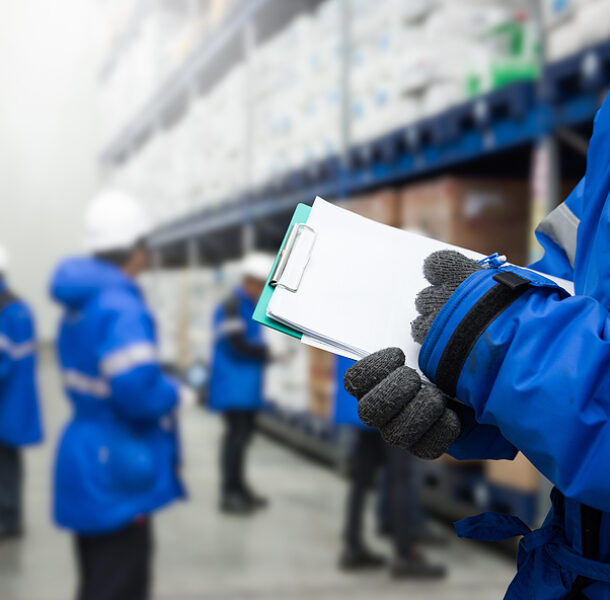

Close

China Logistics Group, a new Chinese logistics provider, was also launched back in December and received much attention from the industry. According to China Central Television (CCTV) and Reuters, the company has a charter capital of around USD$4.7 billion and is actually a merger of five state-owned companies:
• China National Materials Storage and Transportation Group
• China Railway Materials
• China National Packaging Corporation
• China Logistics
• Huamao International Freight Limited Company Shenzhen Branch
This new logistics provider will offer numerous logistics services, such as distribution, warehousing, intermodal transportation, packaging, and cross-border e-commerce. With this group, China plans to strengthen its intermodal transportation services and cross-border logistics business, as well as compete with current global logistics players.
80 Alps Ave, #03-07
Singapore 498792
Contact
+65 6246 4385
sincs@gccscourier.com

Find out how Global Cold Chain Solutions can assist you regarding your biological sample logistics and transportation needs. Feel free to reach out to us today to learn more about biological samples courier.